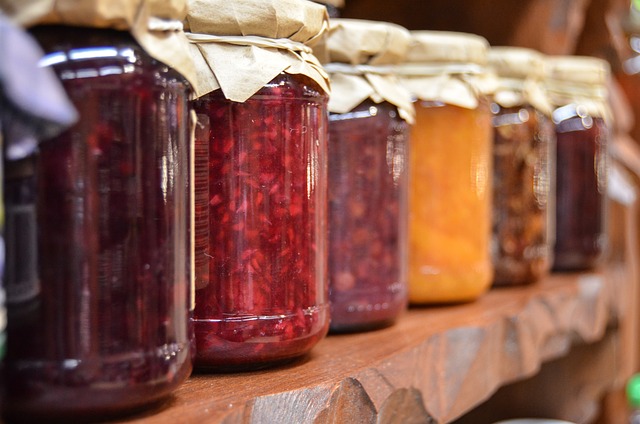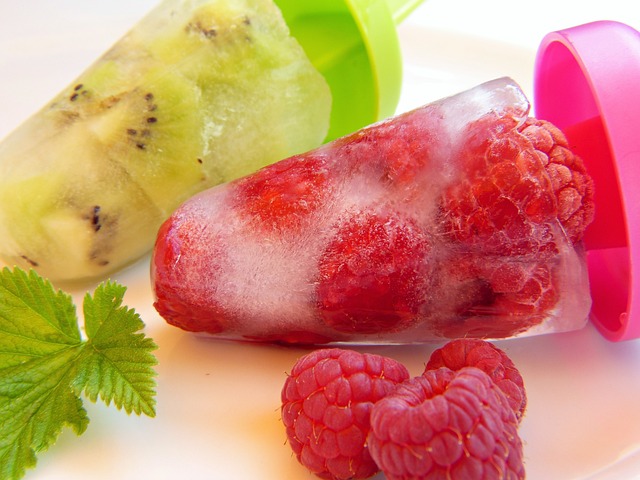Probiotic Paradise: Discovering Nature’s Abundant Sources of Friendly Flora
The Incredible World of Probiotics
Probiotics, often referred to as “friendly bacteria,” are beneficial microorganisms that provide a range of health benefits when consumed. These tiny living creatures may be small, but their impact on our well-being is immense.
While probiotics can be found in supplement form, nature offers an abundant array of sources that can provide a delicious and nutritious dose of these beneficial microorganisms. Let’s dive into the probiotic paradise and explore the natural sources where friendly flora thrives.
Fermented Foods: A Probiotic Powerhouse
Fermented foods have been consumed for centuries in various cultures worldwide. These foods undergo a natural fermentation process that not only enhances their flavor but also boosts their nutritional profile by introducing probiotics.
Some popular fermented foods that are teeming with live probiotics include:
- Yogurt: This dairy product is made by fermenting milk with live bacteria cultures, such as Lactobacillus and Bifidobacterium. It is packed with probiotics, protein, calcium, and other essential nutrients.
- Sauerkraut: A traditional German dish made from fermented cabbage. Sauerkraut not only provides probiotics but also offers a healthy dose of fiber, vitamins C and K, and antioxidants.
- Kombucha: A tangy and effervescent drink made by fermenting tea with a symbiotic colony of bacteria and yeast (SCOBY). It is known for its detoxifying properties and is a great source of probiotics.
- Miso: A staple in Japanese cuisine, miso is a fermented paste made from soybeans. It is rich in probiotics, protein, and essential minerals like manganese and copper.
- Kimchi: A Korean side dish made from fermented vegetables, most commonly cabbage and radishes. Kimchi not only adds a flavorful kick to your meals but also provides a healthy dose of probiotics, vitamins, and minerals.
Nature’s Probiotic Treasure: Raw and Unpasteurized Foods
Raw and unpasteurized foods are another source of probiotics straight from nature. These foods contain live bacteria that can support a healthy gut and overall well-being.
Some examples of raw and unpasteurized foods that can boost your probiotic intake include:
- Raw Cheese: Traditional raw cheese, made from unpasteurized milk, is rich in probiotics, healthy fats, and beneficial enzymes. It’s important to choose high-quality cheese from trusted sources.
- Raw Apple Cider Vinegar: Made from fermented apples, raw apple cider vinegar can be used as a natural probiotic booster when added to dressings or consumed diluted with water. Look for the “mother” in the bottle, a sign of beneficial bacteria.
- Raw Pickles: Cucumbers pickled in a brine solution without pasteurization contain live probiotics. They make a crunchy and probiotic-rich addition to salads and sandwiches.
The Power of Prebiotics
While probiotics steal much of the spotlight, prebiotics play a crucial role in supporting their growth and colonization in our gut. Prebiotics are non-digestible fibers that serve as food for probiotics, helping them thrive and multiply.
Some excellent sources of prebiotics include:
- Garlic: Not only does garlic add flavor to dishes, but it also promotes the growth of beneficial bacteria in the gut.
- Onions: Rich in prebiotic fibers, onions provide nourishment to probiotics and support their colonization.
- Asparagus: This versatile vegetable contains prebiotic fibers that enhance the growth of beneficial bacteria in the gut.
- B







